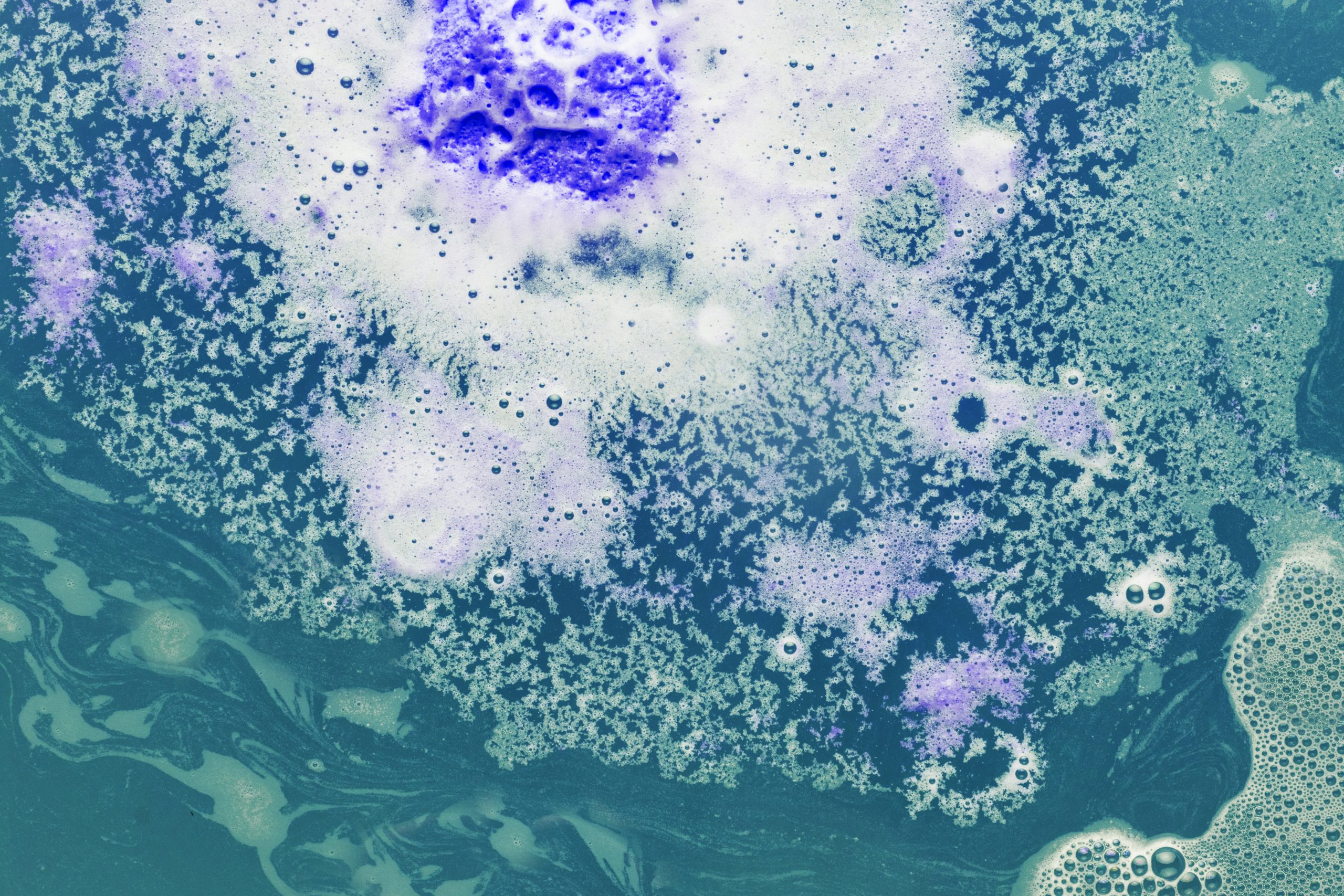
Marine Biotoxin
Marine biotoxins are poisons that are produced by certain kinds of microscopic algae (a type of phytoplankton) that are naturally present in marine waters, normally in amounts too small to be harmful. However, a combination of warm temperatures, sunlight, and nutrient-rich waters can cause rapid plankton reproduction, or "blooms." These blooms are commonly referred to as harmful algal blooms or "HABs" because of their potential to cause illness.
Molluscan shellfish (shellfish with hinged shells such as oysters, clams, and mussels) are filter feeders and ingest any particles, both good and bad, that's in the surrounding water. Algae is a food source for them, and HABs create a plentiful food supply. When shellfish eat toxin-producing algae, the toxin remains in their system; large amounts of algae means more toxin can concentrate in their tissue. Biotoxins don't harm shellfish, but they can accumulate in shellfish to levels that can cause illness or death in humans and other mammals that eat them.
